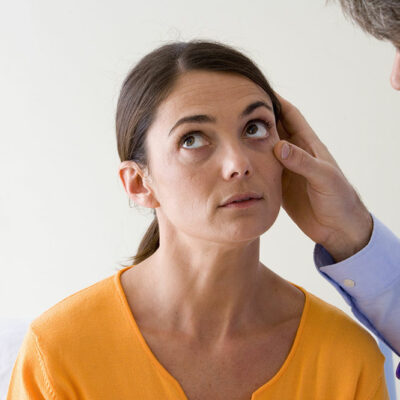
6 Risk Factors for Ovarian Cancer
A risk factor is something that increases one’s probability of developing a disease, such as cancer. Studies and researches have shown that there are certain risk factors for ovarian cancer. And, in this article, we are going to discuss some of them in brief.
1. Family history
Family history is one of the risk factors of ovarian cancer. Women whose mother, grandmother, aunt, or sister has had any form of cancer at a risk of suffering from ovarian cancer.
2. Age
The risk of developing ovarian cancer in women increases with age. Ovarian cancer is more common in women above the age of 63 years and least common in women below the age of 40. More specifically, ovarian cancer rates are the maximum in women between the age of 55 and 64 years.
3. Hormone replacement therapy (HRT)
HRT is prescribed to women to get rid of menopausal symptoms such as sleeplessness, hot flashes, night sweats, and vaginal dryness. Studies and evidence suggest that if a woman undergoes hormone replacement therapy after menopause, then she may be at a slight risk of ovarian cancer.
4. Obesity
Various studies suggest a link between obesity and ovarian cancer. One study found that obesity was linked with almost 80 percent higher risk of ovarian cancer in women between the ages of 50 and 71, who had not undergone any hormonal therapy after menopause. Women with a BMI of 30 and above are at a higher risk of developing ovarian cancer. It also affects their overall survival.
5. Earlier health complications
Women who have had a history of any other form of cancer, such as colon, breast, uterus, or rectum, are at an increased risk of ovarian cancer. Also, if a woman has had endometriosis, then her chances of attaining ovarian cancer increase too.
6. Lynch syndrome
Lynch syndrome is an inherited disorder, and women who are diagnosed with it are at a risk of developing ovarian cancer. With this, there is a 40-60 percent chance of getting uterine cancer.
These are some of the risk factors of ovarian cancer. It is important to get tested once in a while, so that the risk of developing the cancer is reduced.


